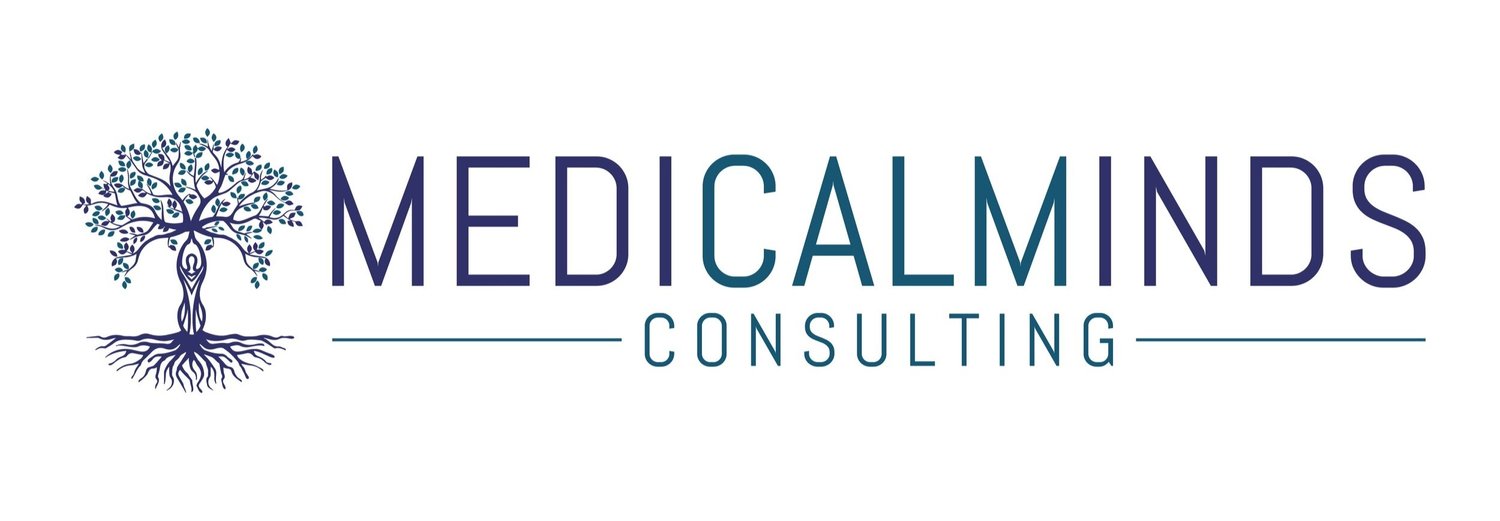Goals: Friend or Foe?
It’s January, so much of social media, news, magazine articles, and the like turns to goals, goals, goals.
For physicians, goals are like breathing. We set them almost without thinking about it. Our entire young adult lives were controlled by goals. So much so that not having goals can lead to feeling adrift and purposeless.
But new goals don't have to be so big or long-term as becoming a doctor. We could be better off setting our sights on goals that are shorter-term and enrich our lives in the here and now.
Let’s look at some of the pros and cons of goal setting.
Pros
Goals give us a sense of purpose and direction that guide future action. For example, if you have a plan to get into medical school, you now know what college classes to have to take. You know you have to do well in them. You know that you need to do something to demonstrate your interest in medicine, like research or volunteering, or job shadowing.
Goals allow us to cultivate and practice perseverance. Life is filled with many challenges and to some extent, that’s what makes it interesting and fun. But it can also be hard and frustrating. Goals help us keep going when those challenges arise by focusing on the endgame.
Our world today is filled with so many distractions. So many URGENT THINGS that “require” our attention. Goals can keep you focused when those distractions pop up.
Accomplishing small goals is how we accomplish big ones. There are so many steps on the way to becoming a practicing physician. It can be overwhelming. But picking goals that make up the small steps keeps us climbing the staircase and experiencing a sense of accomplishment along the way.
Finally, goals teach us about delayed gratification. This is part of the normal maturation process. It is an especially important skill in our immediate gratification and consumption culture.
Cons
We think reaching the goal will make us happier than it actually will. What usually happens is that we reach the goal, and experience a sense of elation. But that quickly fades and can leave us with a feeling of “is that all there is?” Sometimes that feeling isn’t even elation. It’s relief. The relieving of the pressure to accomplish the goal.
It’s tempting to then jump into a new goal, thinking that one will make us happy. Often these goals are given to us by society, by what other people think or do. They may or may not be personally meaningful to us and it’s important to evaluate goals through the lens of our own values.
Reaching a goal won’t make you permanently happy. Lasting happiness as a result of something happening is a myth. It’s the “happily ever after” myth that belies the ongoing effort that building a life always entails. Happiness is something you build piece by piece by noticing and enjoying the moments of your life. That’s the only way.
If you don’t care about the goal or it was given to you by somebody else, like a parent, your social group, or society, reaching it may not be meaningful to you. Therefore reaching it will feel like as much of an accomplishment.
Having a goal in mind can also lead you to delay your enjoyment of life until it is reached. Watch out for falling into “survival mode”, where you are just living to make it to the goal, slogging away, and no longer engaging in the activities that bring you enjoyment. I’m thinking of every call week or weekend I “survived” through.
And sometimes we focus on a goal because we are unhappy in our current situation and the goal distracts our awareness from this reality. We focus on goals as a way of looking to the far horizon and failing to be present in our life. In this way, the goal is actually just one more numbing distraction, like watching Netflix the whole weekend.
Goals can change. Our persistence and determination may hinder us from us periodically reconsidering whether each goal is still one we want to accomplish. Because if it’s not, it’s time to pivot. And pivoting does not mean failure. It often means an identity change or recognition of a conflict in values. Allow yourself to evolve.
It’s helpful to set time-bound reminders to reconsider our goals. This can be done annually or monthly or even weekly. Whatever you need to remain motivated and connected to your goals (as well as certain that those goals are still something you want to achieve.)
Finally, not reaching a goal can lead to negative self-talk of potential failure, lack of ability, or perseverance. Sometimes, we don’t reach the goal because we need more time. And sometimes it’s because our priorities have changed. Allow for these adjustments rather than using this as an opportunity to berate yourself.
Goals give us something to work towards. They teach us about delayed gratification, dreaming big, and planning, and often lead to a sense of satisfaction when they are reached.
However, when we focus too intently on the destination, we tend to lose enjoyment on the journey and, at the same time, bestow the goal with an excessive amount of ability to cure whatever we are struggling with in our lives.
And yet, without goals, even small ones, day-to-day living can seem kind of…pointless, meandering, and aimless. Especially for people who were taught early that achievement would lead to happiness.
So we need goals, but we shouldn’t expect them to heal all hurts or significantly change who we are. Indeed, it is on the way to achieving the goal, that we assume a new identity. The identity of someone who has attained that goal.
We thrive when our lives have purpose and meaning by our own assessment. This sense of purpose and meaning can be unique, and goals can contribute to realizing those crucial values. But it’s essential not to imbue reaching the goal with magical transformative powers. The transformation occurs along the way, not at the endpoint.













